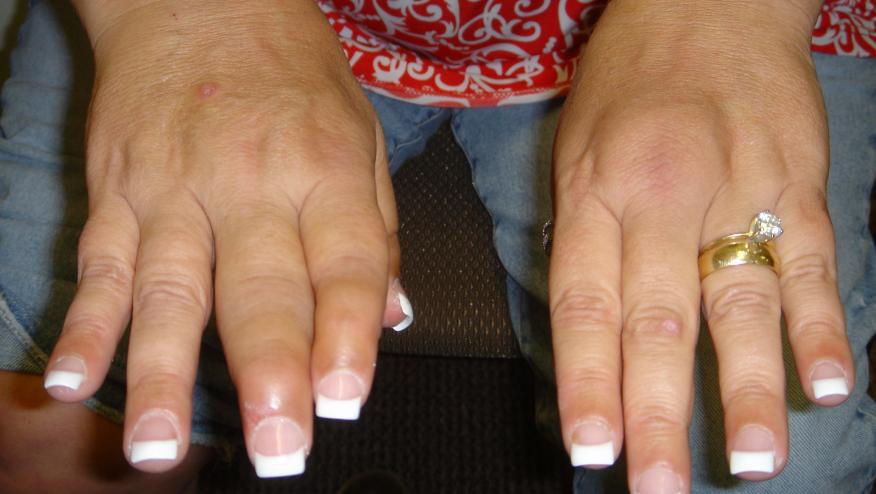Ixekizumab (Taltz) FDA Approved for Psoriatic Arthritis Save

On Friday, December 1st, the FDA approved Lilly's drug Taltz (ixekizumab) for use in adult patients with moderate-to-severe plaque psoriasis who are candidates for systemic therapy or phototherapy.
Christi Shaw, president, Lilly Bio-Medicines. estimates that PsA affects 1.6 million Americans. Taltz, an IL-17 inhibitor, has previously been approved for plaque psoriasis where it has shown high level PASI75 and PASI100 responses.
The recommended dose is 160 mg by subcutaneous injection (two 80 mg injections) at Week 0, followed by 80 mg every 4 weeks. For those psoriatic arthritis patients with coexistent moderate-to-severe plaque psoriasis, the dosing regimen for plaque psoriasis is 160 mg (two 80 mg injections) at Week 0, followed by 80 mg at Weeks 2, 4, 6, 8, 10, and 12, then 80 mg every 4 weeks.
Taltz may be administered alone or in combination with a conventional disease-modifying antirheumatic drug, such as methotrexate.
Product label warnings include the usual low level risk of infection, the need for TB screening and the unique risk of colitis or colitis exacerbation - few cases of Crohn's disease (0.1%) and ulcerative colitis (0.2%) were seen in Taltz treated patient but not placebo controls. Other common, nonserious side effects include njection site reactions, upper respiratory tract infections, nausea, and tinea infections. Necessary vaccines should be given prior to ixekizumab initiation and live virus vaccines should be avoided.
The efficacy and safety of Taltz was determined from findings from two randomized, double-blind, placebo-controlled phase 3 studies – SPIRIT-P1 and SPIRIT-P2 – which included more than 670 adult patients with active PsA. SPIRIT-P1 was done in biologic naive PsA patients and SPIRIT-P2 included patients with prior use of a tumor necrosis factor inhibitor (TNFi). Compared to placebo, the ACR20 response rates was 58% in SPIRIT-P1 (30% PBO) and 53% in SPIRIT-P2 (20% PBO).
"For patients with PsA, treatment goals often include improvement in joint symptoms," said Philip Mease, M.D., Swedish Medical Center and University of Washington. "Based on the study results, Taltz can provide significant improvement in joint symptoms for patients who had never been treated with a biologic disease-modifying antirheumatic drug as well as patients who had inadequate response to one or two TNF inhibitors or were intolerant of TNF inhibitors."










If you are a health practitioner, you may Login/Register to comment.
Due to the nature of these comment forums, only health practitioners are allowed to comment at this time.